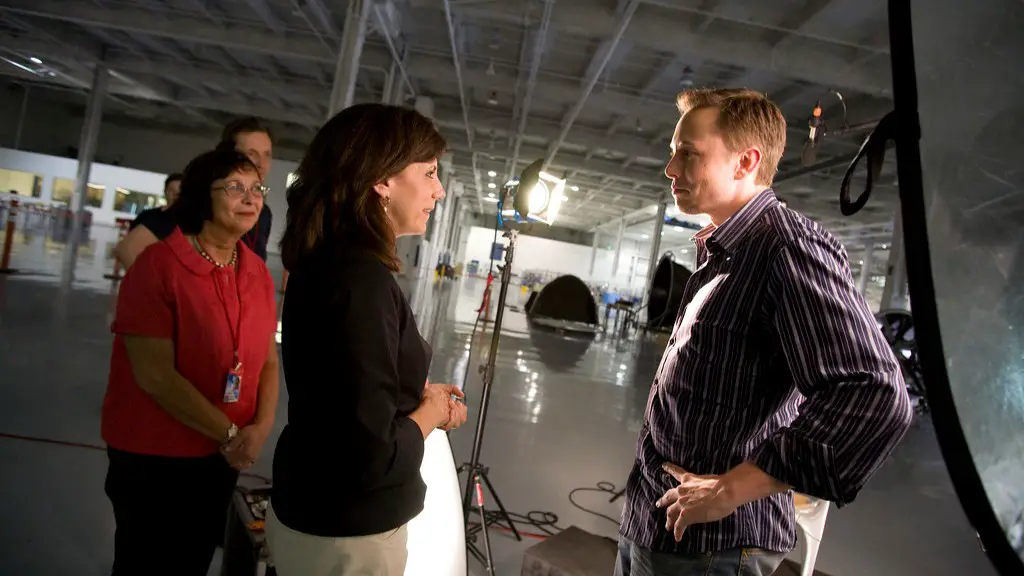Mark Zuckerberg’s Acquisition of Whatsapp
One of the most talked-about moments in the history of tech acquisitions took place in 2014 when Facebook acquired messaging app WhatsApp for a staggering sum of $19 billion. At the time, not many people understood why Facebook CEO Mark Zuckerberg chose to make such an expensive purchase. However, in the months to come, this purchase began to make more and more sense, as Facebook turned WhatsApp into a key element in their plans for the future.
WhatsApp was originally created in 2009 by Jan Koum and Brian Acton as a more reliable and cost-effective text messaging app than services like SMS texting. Its ability to run on most mobile devices and its extremely low cost made it a huge success, and by 2014 the app had reached over 450 million users, making it one of the most popular apps of its kind. This rapid growth wasn’t unnoticed by Zuckerberg and Facebook, and soon they launched negotiations to acquire the company.
At first glance, Facebook’s willingness to spend nearly $20 billion might have seemed excessive, but the deal made perfect sense when considering Facebook’s long-term goals and vision. Facebook was already a major player in the tech industry, but what it lacked was a powerful, reliable messaging service. The success of WhatsApp showed that it was a stable and growing platform, and Facebook saw the potential of having a messaging service linked to their products. Furthermore, this acquisition allowed them to expand into international markets by integrating the WhatsApp user base and international infrastructure.
Another factor that led to Zuckerberg’s decision to purchase WhatsApp was the potential for revenue generation. Despite WhatsApp’s immense popularity and growth, the company had yet to take advantage of the potential for monetization. Zuckerberg saw this as an opportunity, as he had already implemented successful monetization strategies with Facebook. With the right incentives, many experts theorize, Zuckerberg recognized that WhatsApp could become a major source of revenue and an integral part of the future of Facebook.
Finally, it is important to consider the impact this acquisition has had on the industry. Over the past few years, WhatsApp has become an integral part of the messaging industry, and its success has influenced the direction of many other companies. It has also had a significant impact on the regulation of large tech companies, as the acquisition triggered a series of congressional hearings on tech monopolies that are still ongoing today.
Mark Zuckerberg’s acquisition of WhatsApp in 2014 was a historic move that has had a profound and long-lasting impact on the tech industry. Zuckerberg saw the potential of WhatsApp to generate revenue, expand into new markets, and further strengthen Facebook’s presence in the industry. Despite being criticized for spending too much money upfront, the results of this acquisition have far exceeded Zuckerberg’s expectations.
The Impact of Zuckerberg’s Acquisition
Mark Zuckerberg’s acquisition of WhatsApp has had a significant impact on the tech industry in the years since it was announced. Despite being one of the most expensive acquisitions in history, many experts believe it was a worthwhile investment. Currently, WhatsApp is one of the most popular messaging apps with over two billion users, and it has become an integral part of Facebook’s plans for the future.
The purchase also triggered a series of congressional hearings on tech monopolies that examined the issue of how big tech companies use their power. This has resulted in greater scrutiny and regulation on the part of governments and organizations, meaning that the tech industry is now more accountable than ever before.
This acquisition has also had a profound impact on the messaging app industry. Whatsapp’s success has driven innovation and competition in the sector. After the acquisition, many other messengers began to improve their services and add features to compete with WhatsApp. For example, Telegram, WeChat, Slack and Viber all launched new features shortly after the acquisition was announced.
WhatsApp’s success has also inspired other tech companies to consider buying smaller startups. Zuckerberg’s ability to turn a relatively small acquisition into a massive success story has encouraged other tech companies to look for potential acquisitions.
Finally, it is important to consider the impact the acquisition has had on Facebook itself. Mark Zuckerberg’s decision to purchase WhatsApp has strengthened Facebook’s position in the tech industry. Now, Facebook is a major player in the messaging app industry, and WhatsApp has become a key element of their long-term plans.
Whatsapp’s Place in the Tech Industry
Since its acquisition by Facebook, WhatsApp has become an integral part of the tech industry. The success of the messaging app has helped to spark innovation and competition in the sector, and it has also pushed other tech companies to consider potential acquisitions of their own.
Furthermore, WhatsApp has also helped to increase the scrutiny and regulations surrounding tech giants, as both governments and organizations work to ensure that the industry remains accountable. This is important in order to ensure that big tech companies are not abusing their power, and that fair competition is maintained amongst companies of all sizes.
Finally, WhatsApp has also helped to increase the popularity of messaging apps in general. The app’s success has encouraged more people to use messaging apps, and it is now one of the most popular social networking platforms in the world. This has helped to boost the usage of other messaging apps, such as Telegram and WeChat.
Implications of Zuckerberg’s Acquisition
Mark Zuckerberg’s acquisition of WhatsApp has left a lasting impression on the tech industry, and its implications are still felt today. Despite being one of the most expensive acquisitions in history, many experts believe it was a worthwhile investment. The success of the messaging app has helped to spark innovation and competition in the sector, as other tech companies strive to keep up with WhatsApp.
Furthermore, the acquisition has also encouraged other tech companies to consider making similar deals of their own. Zuckerberg’s success in turning a relatively small acquisition into a massive success story has demonstrated to other tech companies the potential rewards of making these types of deals.
Finally, the purchase has pushed the tech industry to become more accountable. Government organizations and members of the public have called for more regulations on big tech companies, in order to ensure that no one company has too much power. This has resulted in greater scrutiny on tech giants, and it will likely lead to more regulations in the future.
Criticism of Zuckerberg’s Decision
Despite the success of WhatsApp since its acquisition by Facebook, there have also been criticisms of Zuckerberg and Facebook’s decision to purchase the app. Specifically, many have criticized Zuckerberg for spending too much money upfront on the acquisition, claiming that it was an unnecessary and risky move.
Other critics have voiced concerns about the implications of the acquisition. Specifically, the consolidation of power between Facebook and WhatsApp has been seen as a threat to other tech companies and to consumer choice. Ultimately, only time will tell if Zuckerberg’s decision will pay off.
Finally, there have also been criticisms of how Zuckerberg has handled the acquisition since then. Despite his claims that he would not use WhatsApp as a means to monetize or as part of his plans for the future, many of these promises have not been kept. This has raised questions about Zuckerberg’s true motivations for the acquisition.




